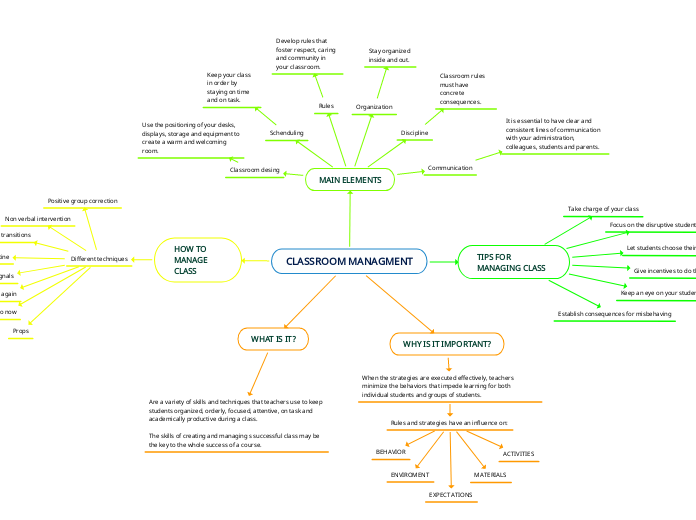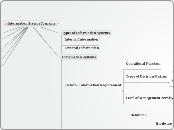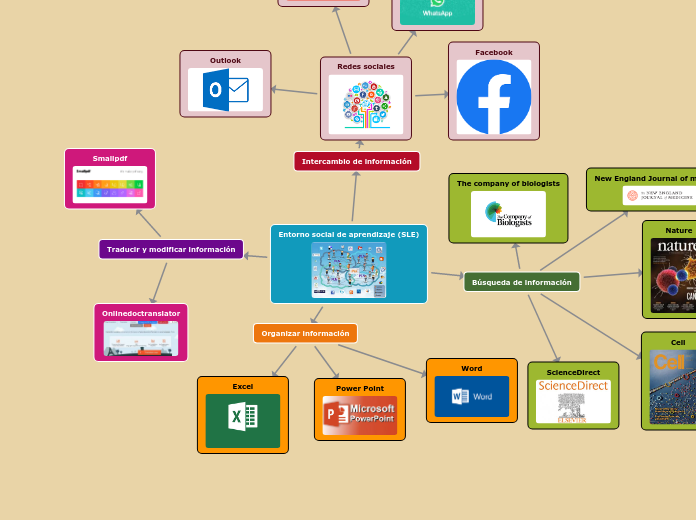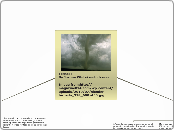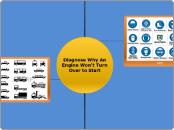por Raúl Adrián Martínez Galindo 3 anos atrás
101
CLASSROOM MANAGMENT
Effective classroom management encompasses a range of strategies and techniques that teachers utilize to maintain an organized, focused, and productive learning environment. Central to this are practices like tight transitions, non-verbal interventions, and positive group corrections.
